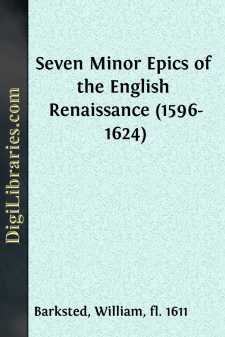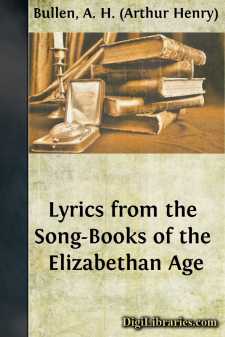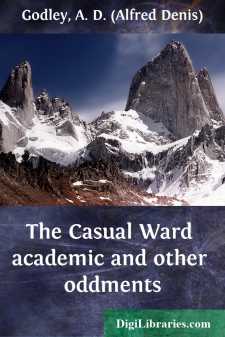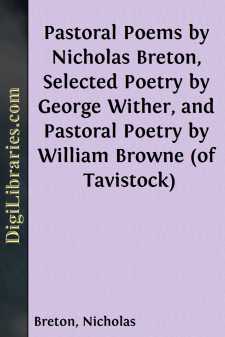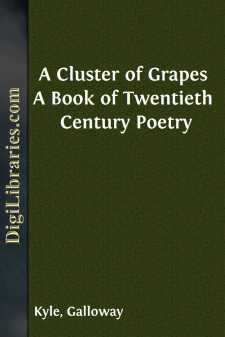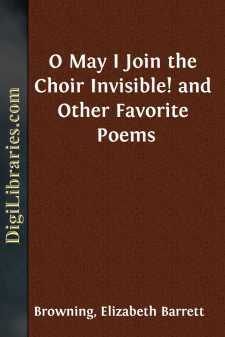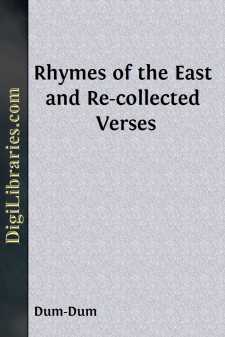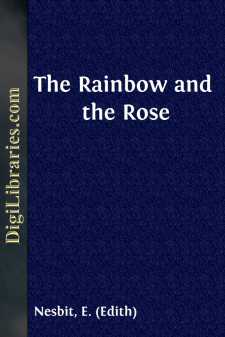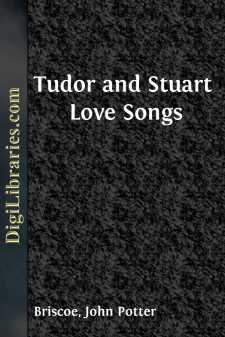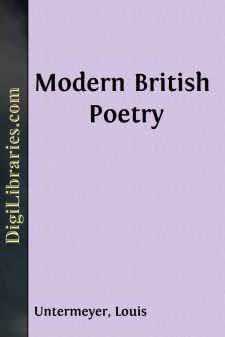Categories
- Antiques & Collectibles 13
- Architecture 36
- Art 48
- Bibles 22
- Biography & Autobiography 813
- Body, Mind & Spirit 142
- Business & Economics 28
- Children's Books 13
- Children's Fiction 10
- Computers 4
- Cooking 94
- Crafts & Hobbies 4
- Drama 346
- Education 46
- Family & Relationships 57
- Fiction 11828
- Games 19
- Gardening 17
- Health & Fitness 34
- History 1377
- House & Home 1
- Humor 147
- Juvenile Fiction 1873
- Juvenile Nonfiction 202
- Language Arts & Disciplines 88
- Law 16
- Literary Collections 686
- Literary Criticism 179
- Mathematics 13
- Medical 41
- Music 40
- Nature 179
- Non-Classifiable 1768
- Performing Arts 7
- Periodicals 1453
- Philosophy 64
- Photography 2
- Poetry 896
- Political Science 203
- Psychology 42
- Reference 154
- Religion 513
- Science 126
- Self-Help 84
- Social Science 81
- Sports & Recreation 34
- Study Aids 3
- Technology & Engineering 59
- Transportation 23
- Travel 463
- True Crime 29
Sort by:
by:
William Barksted
INTRODUCTION Professor Elizabeth Story Donno, in her recent (New York, 1963), has made an important contribution to both scholarship and teaching. Not only has she brought together for the first time in one volume most of the extant Elizabethan minor epics, but in so doing, she has hastened the recognition that the minor epic, or "epyllion" as it has often been called in modern times,[] is a...
more...
The present Anthology is intended to serve as a companion volume to the Poetical Miscellanies published in England at the close of the sixteenth and the beginning of the seventeenth centuries. A few of the lyrics here collected are, it is true, included in “England’s Helicon,” Davison’s “Poetical Rhapsody,” and “The Phœnix’ Nest”; and some are to be found in the modern collections of...
more...
I. Not concerning a thing of no moment, O Conscript Fathers, you are now called upon to decide: whether to one man by the counsel and advice of Curators it is to be permitted that he should take away from you the power of placing in the Proscholium the instruments of celerity, the assistances of (your) feet, the machines appointed by a certain natural providence for the performance of your duties:...
more...
by:
Nicholas Breton
There are few issues attended with greater uncertainty than the fate of a poet, and of the three represented herein it may be said that they survive but tardily in public interest. Such a state of things, in spite of all pleading, is quite beyond reason; hence the purport of this small Anthology is at once obvious. A group of poets graced with rarest charm and linked together by several and varied...
more...
by:
Galloway Kyle
RECONCILIATION I begin through the grass once again to be bound to the Lord; I can see, through a face that has faded, the face full of rest Of the earth, of the mother, my heart with her heart in accord, As I lie mid the cool green tresses that mantle her breast I begin with the grass once again to be bound to the Lord. By the hand of a child I am led to the throne of the King For a touch that now...
more...
O MAY I JOIN THE CHOIR INVISIBLE! O may I join the choir invisibleOf those immortal dead who live againIn minds made better by their presence; liveIn pulses stirred to generosity,In deeds of daring rectitude, in scornOf miserable aims that end with self,In thoughts sublime that pierce the night like stars,And with their mild persistence urge men’s mindsTo vaster issues. So to live is heaven:To...
more...
by:
Dum-Dum
NOCTURNE WRITTEN IN AN INDIAN GARDEN'Where ignorance is bliss,'Tis folly to be wise.'The time-gun rolls his nerve-destroying bray;The toiling moon rides slowly o'er the trees;The weary diners cast their cares away,And seek the lawn for coolness and for ease.Now spreads the gathering stillness like a pall,And melancholy silence rules the scene,Save where the bugler sounds his homing...
more...
THE THINGS THAT MATTER. NOW that I've nearly done my days, And grown too stiff to sweep or sew, I sit and think, till I'm amaze, About what lots of things I know: Things as I've found out one by one— And when I'm fast down in the clay, My knowing things and how they're done Will all be lost and thrown away. There's things, I know, as...
more...
INTRODUCTION. The spirit of reform which was developed during the early part of the sixteenth century brought about a desire on the part of young men of means to travel on the continent of Europe. This was for the purpose of making themselves acquainted with the politics, social life, literature, art, science, and commerce of the various nations of the same, especially of France, Spain, and Italy....
more...
by:
Louis Untermeyer
INTRODUCTORY The New Influences and Tendencies Mere statistics are untrustworthy; dates are even less dependable. But, to avoid hairsplitting, what we call "modern" English literature may be said to date from about 1885. A few writers who are decidedly "of the period" are, as a matter of strict chronology, somewhat earlier. But the chief tendencies may be divided into seven periods....
more...


